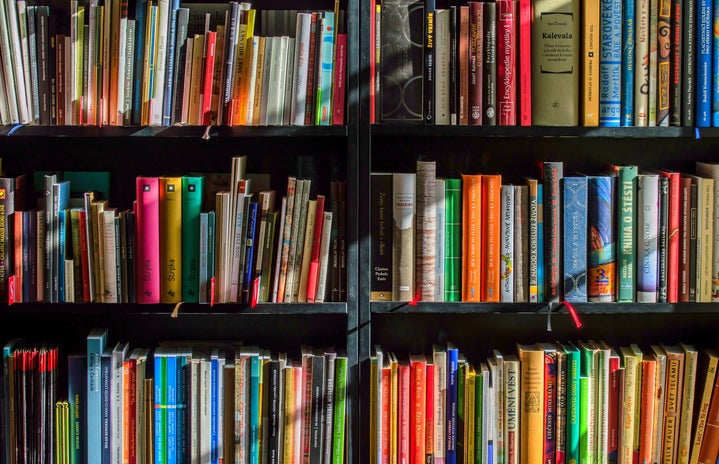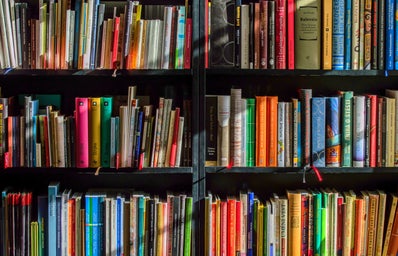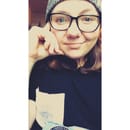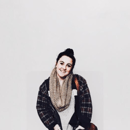So, you’re a feminist. You went to the Women’s March in Washington, proudly protesting among millions of others who support the equal rights movement. You fight the patriarchy every day and even have stickers on your laptop that read, “nasty woman” or “feminist” in a fancy font. You’re off to a great start at changing the world and advocating for equality!
However, part of being able to hold a successful conversation on these topics is being well versed in as much of the knowledge of intersectional feminism as possible. It is devouring as many works of literature as you can to understand the past experiences of your “feminist aunties,” as Sara Ahmed would say, and developing your own theories about how the world works through a feminist lens.
Title: Theory as a Liberatory Practice by bell hooks
Type of literature: Essay
Why you should be reading it: In most classes, you learn about fundamental concepts that help you to understand other works and problems moving forward. In feminism, it’s relatively the same. For starters, you may want to understand what feminist theory is and how to use that as a point of departure for future conversations. This essay offers a way of viewing feminist theory in a more understandable approach. Hooks goes into great detail about how any theory doesn’t have to be hard and complicated to understand. In fact, it shouldn’t be.
Quote from essay: “If we create feminist theory, feminist movements that address this pain, we will have no difficulty building a mass-based feminist resistance struggle.”
Title: The Power by Naomi Alderman
Type of literature: Fiction Novel
Why you should be reading it: This book revolves around the idea of a world in which women are physically more powerful than men due to a chemical pollution. This book, even though it is fiction, closely relates back to the unfair treatment of women throughout history. It offers a theory on if women were in power, would they be able to get away with horrendous crimes as men have for years or would they be held to a new standard and prosecuted to the fullest extent.
Quote from book: “One of them says, ‘Why did they do it?’ And the other answers, ‘Because they could.’ That is the only answer there ever is.”
Title: Living a Feminist Life by Sara Ahmed
Type of literature: Non-Fiction Novel
Why you should be reading it: Just as in normal text, there are “legends” within feminist literature. Sara Ahmed is unquestionably one of them. This text offers toolbox of actions for a feminist to counteract the systems of racism and sexism as well as tools to understand what taking on the role of a feminist means.
Quote from book: “Feminism can allow you to reinhabit not only your own past but also your own body”
Title: This Bridge Called my Back
Type of literature: Anthology series
Why you should be reading it: Feminism is not about equal rights for only white, heterosexual women. It is about equal rights between both sexes, regardless of gender or race. In such that it is best to give your time and energy to works written by marginalized groups such as women of color and the LGBTQ+ community. This will allow you to understand that feminism is intersectional. Someone’s struggle or privilege comes from multiple aspects of their lives. This series of personal essays, art and poems allows identities within intersectionality to be shown. As well as giving light to the idea that even though this was originally published in the ‘80s, the issues at hand are still as pertinent today as they were back then.
Quote from book: “We are challenging white feminists to be accountable for their racism because at the base we still want to believe that they really want freedom for all of us.”
These works should give you a running start to becoming the best feminist you can be as well as understanding the struggles of others. Challenge yourself to become well-versed in the books written by those who struggle the most. Be open to new ideas about the world around you and willing to advocate for those who can’t. Only by doing this, will you be able to truly live the life of an active feminist.



